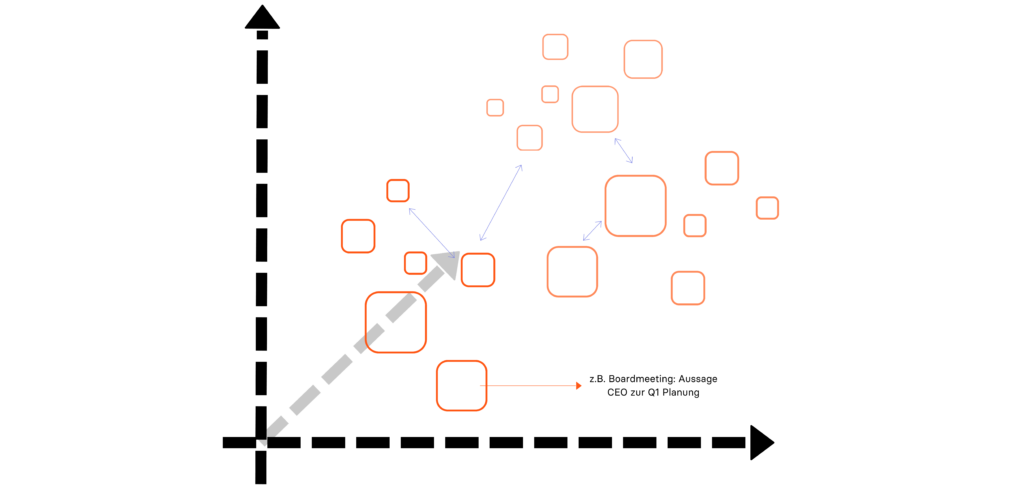In today’s rapidly evolving legal landscape, artificial intelligence (AI) is revolutionizing how law firms and legal departments operate. This guide explores the key considerations for legal professionals when vetting AI products and implementing AI systems within their organizations.
Table of Contents
Understanding AI Technologies in Legal Practice
AI technologies, particularly Large Language Models (LLMs) like GPT-4, are transforming the legal industry. However, it’s crucial to understand both their capabilities and limitations.
Capabilities of LLMs
LLMs are primarily trained to generate sentences based on probability, rather than truly understanding text. In their standard versions, these models can accurately answer about 57% of complex legal questions, such as those related to tax law.
Enhancing Accuracy with RAG Systems
To improve accuracy, many legal AI solutions employ Retrieval-Augmented Generation (RAG) systems. These advanced systems can significantly boost performance:
- RAG systems can increase accuracy to over 87%
- Advanced chunking technologies can push results even further, reaching up to 96% accuracy
Moreover, RAG systems allow for result verification by providing exact sources for generated information, adding an extra layer of reliability.
Challenges in AI Implementation
While AI offers numerous benefits, legal professionals must be aware of potential pitfalls when implementing these systems.
AI Hallucinations
AI hallucinations can occur due to several factors:
- Unstructured data inputs (e.g., PDFs, images, complex contract constellations)
- Unclear user prompts that require extensive background knowledge
Data Processing Hurdles
Effective AI implementation requires careful attention to data processing:
- Content chunking across multiple documents is essential
- Structured document labeling should be implemented where possible

Best Practices for AI Implementation
To successfully integrate AI into your legal practice, consider the following steps:
- Start with a well-defined use case, such as analyzing ICT contracts for DORA regulation compliance
- Define expected results and benchmarks to measure success
- Decide between external providers and internal systems, or a combination of both
- Test and expand gradually, for example, from DORA to GDPR contract analysis
Vetting AI Service Providers
When evaluating AI service providers, it’s important to consider several factors:
- Company history: How long have they been in the market?
- Technology claims: Are they developing proprietary models or using existing ones?
- Deployment options: Can their services be installed on-premise?
Building In-House AI Systems
For organizations considering in-house AI development, there are several key considerations:
- Evaluate hosting options (internal vs. cloud)
- Choose appropriate AI models (e.g., LLama 3, Mistral, OpenAI)
- Determine specific use cases (legal research, contract writing, due diligence)
Reshaping the Legal Industry
As AI continues to reshape the legal industry, it’s crucial for lawyers, partners, legal departments, and CIOs to stay informed about the latest developments and best practices. By carefully vetting AI products and implementing robust systems, legal professionals can harness the power of AI to enhance efficiency, accuracy, and client service.
In conclusion, the integration of AI in legal practice offers immense potential, but it requires thoughtful consideration and strategic implementation. As we move forward, those who successfully navigate this technological shift will undoubtedly gain a competitive edge in the evolving legal landscape.
Ready to elevate your practice?
Get a free consultation:
We are happy to advise you on your needs personally and free of charge!
🔎 Personal needs analysis
👾 Personal product consultation
🙋♀️ Answers to all your questions



